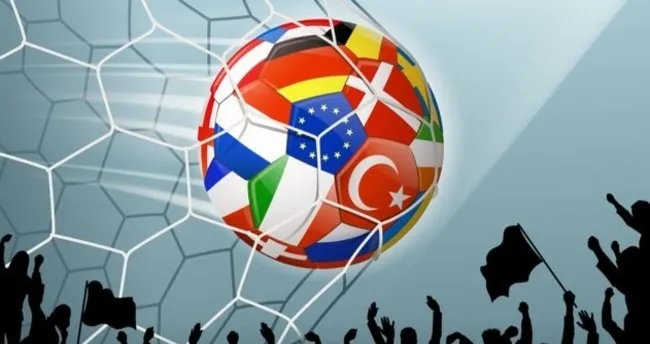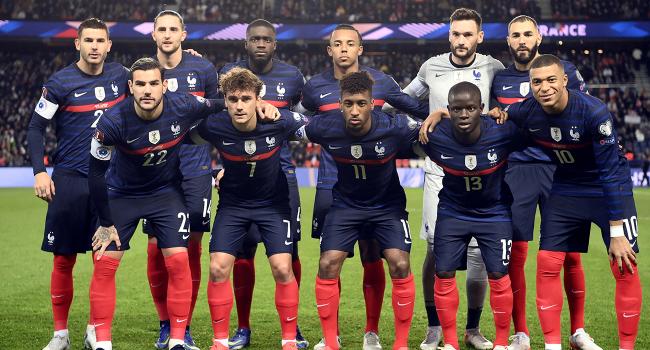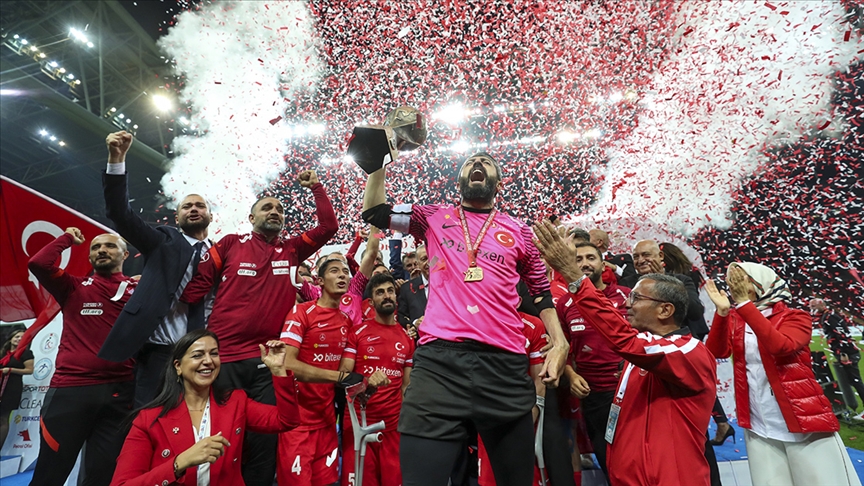World Football: A Global Phenomenon
World Football: A Global Phenomenon
Football, also known as soccer in some regions, is a universal sport that brings millions of people together, both as spectators and participants. It is not just a game but also a cultural phenomenon, a social activity, and an economic industry. In this article, we will explore the history, development, global impact, key players, and teams of world football, as well as its societal and economic implications.
History and Origins of Football
The origins of football can be traced back to ancient times, where various cultures had sports involving ball-like objects. However, modern football as we know it today originated in England during the mid-19th century. The standardization of similar games played among different schools and regions in England laid the groundwork for the football we know today.
Evolution and Spread of Football
The popularity of football, which began in England, rapidly spread worldwide. British colonialism and maritime trade played significant roles in disseminating football to different continents. By the early 20th century, football had spread to Europe, South America, and beyond, capturing the interest of increasingly diverse populations. International football organizations, notably FIFA (Fédération Internationale de Football Association), played a crucial role in making football a global sport.
Major Tournaments in World Football
World football is characterized by numerous prestigious international tournaments and leagues. The FIFA World Cup stands out as one of the most prestigious football tournaments, held every four years. Regional tournaments such as the UEFA European Championship, Copa America, Africa Cup of Nations, and AFC Asian Cup also attract significant global attention. Additionally, at the club level, competitions like the UEFA Champions League, CONMEBOL Libertadores, and other international club tournaments garner immense interest from football enthusiasts.
Societal and Cultural Impact of Football
Football is not just a sport; it is also a cultural phenomenon. Football matches bring people together, unite communities, and enhance national pride. Moreover, football serves as a platform that transcends barriers such as gender, race, religion, and social class. It has become a symbol of national identity in many countries, with the success of national teams often celebrated fervently nationwide.
Economic Implications of Football
Football is not only a sport but also a major economic industry. Professional football leagues and clubs generate billions of dollars in revenue. Income sources such as television rights, sponsorship deals, ticket sales, and licensing fees support the growth of the football industry. Additionally, sectors like football tourism, stadium construction, and infrastructure projects contribute to economic development.
Star Players and Teams in Football
World football is renowned for its legendary players and teams. Icons such as Pele, Diego Maradona, Lionel Messi, and Cristiano Ronaldo have left indelible marks on football history. Furthermore, clubs like FC Barcelona, Real Madrid, Manchester United, and Bayern Munich stand out as some of the most successful and recognized teams in global football.
Future Perspectives and Debates
As football continues to evolve, numerous debates and discussions surround its future. Topics such as the use of technological advancements, financial fairness, combating racism and discrimination, are significant areas of debate. These issues necessitate football being viewed not just as a sport but also as a societal and cultural phenomenon that requires attention and action for a fairer, more equitable, and sustainable future.
Conclusion
World football is a shared passion of humanity and is recognized as a global phenomenon. Throughout history, football has evolved, bringing together millions, fostering cultural exchange, and contributing to economic prosperity. However, it also faces various challenges and debates. Yet, these challenges present opportunities for football to strive towards a future that is more just, inclusive, and sustainable.
References
- "In a globalised world, the football World Cup is a force for good". The Conversation. 10 July 2014. Archived from the original on 8 August 2014. Retrieved 11 July 2014.
- ^ "MLS as a Sports Product—The Prominence of the World's Game in the U.S. - Working Paper – Faculty & Research". Harvard Business School. Archived from the original on 29 January 2023. Retrieved 29 January 2023.
- ^ "History of Football – Britain, the home of Football". FIFA. Archived from the original on 28 March 2013.
- ^ "History of Football – The Origins". FIFA. Archived from the original on 28 October 2017. Retrieved 29 April 2013.
- a b c d "Procedures to determine the winner of a match or home-and-away" (PDF). Laws of the Game 2010/2011. FIFA. pp. 51–52. Archived from the original (PDF) on 13 March 2011. Retrieved 4 March 2011.
- ^ "2002 FIFA World Cup TV Coverage". FIFA. 5 December 2006. Archived from the original on 14 March 2005. Retrieved 6 January 2008.
- ^ "Champions League final tops Super Bowl for TV market". BBC Sport. British Broadcasting Corporation. 31 January 2010. Archived from the original on 12 January 2016. Retrieved 25 February 2010.
- ^ Manfred, Tony (14 June 2014). "The real reason Americans call it 'soccer' is all England's fault". Business Insider Australia. Archived from the original on 27 April 2021. Retrieved 27 April 2021.
- ^ Cunningham, John M. "Why Do Some People Call Football "Soccer"?". Britannica. Archived from the original on 31 January 2022. Retrieved 23 December 2021.
- ^ "Editorial: Soccer – or should we say football – must change". New Zealand Herald. 11 June 2014. Archived from the original on 27 April 2021. Retrieved 27 April 2021.
- ^ Perrigo, Billy (11 July 2018). "Why Do Americans Call It Soccer Instead of Football? Blame England". Time.com. Time Magazine. Archived from the original on 11 January 2024. Retrieved 11 January 2024.
- ^ Clarke, Donald (3 July 2021). "There is no easier way to annoy a British soccer fan than referring to soccer as 'soccer'". The Irish Times. Archived from the original on 30 November 2022. Retrieved 30 November 2022.



































